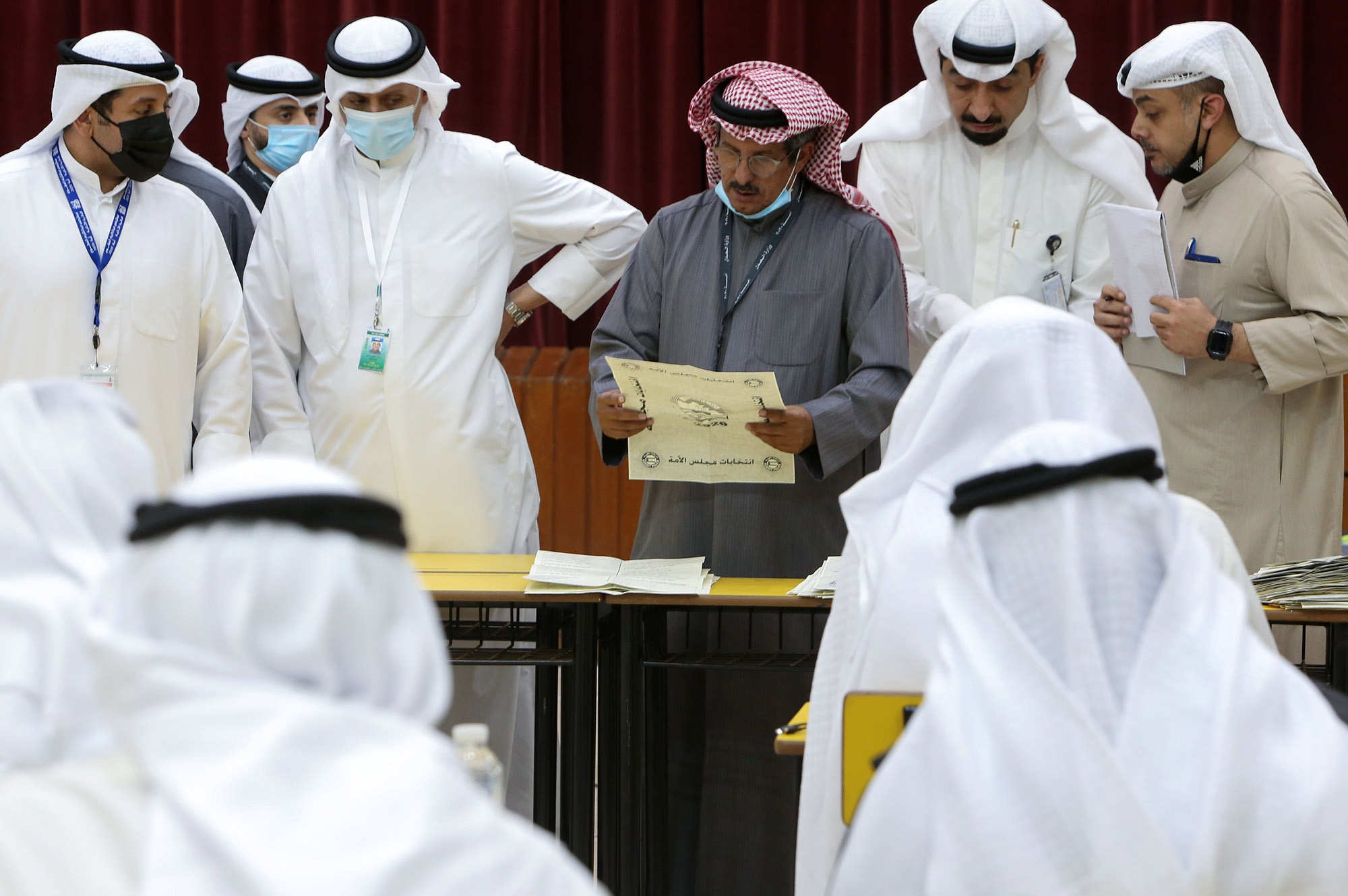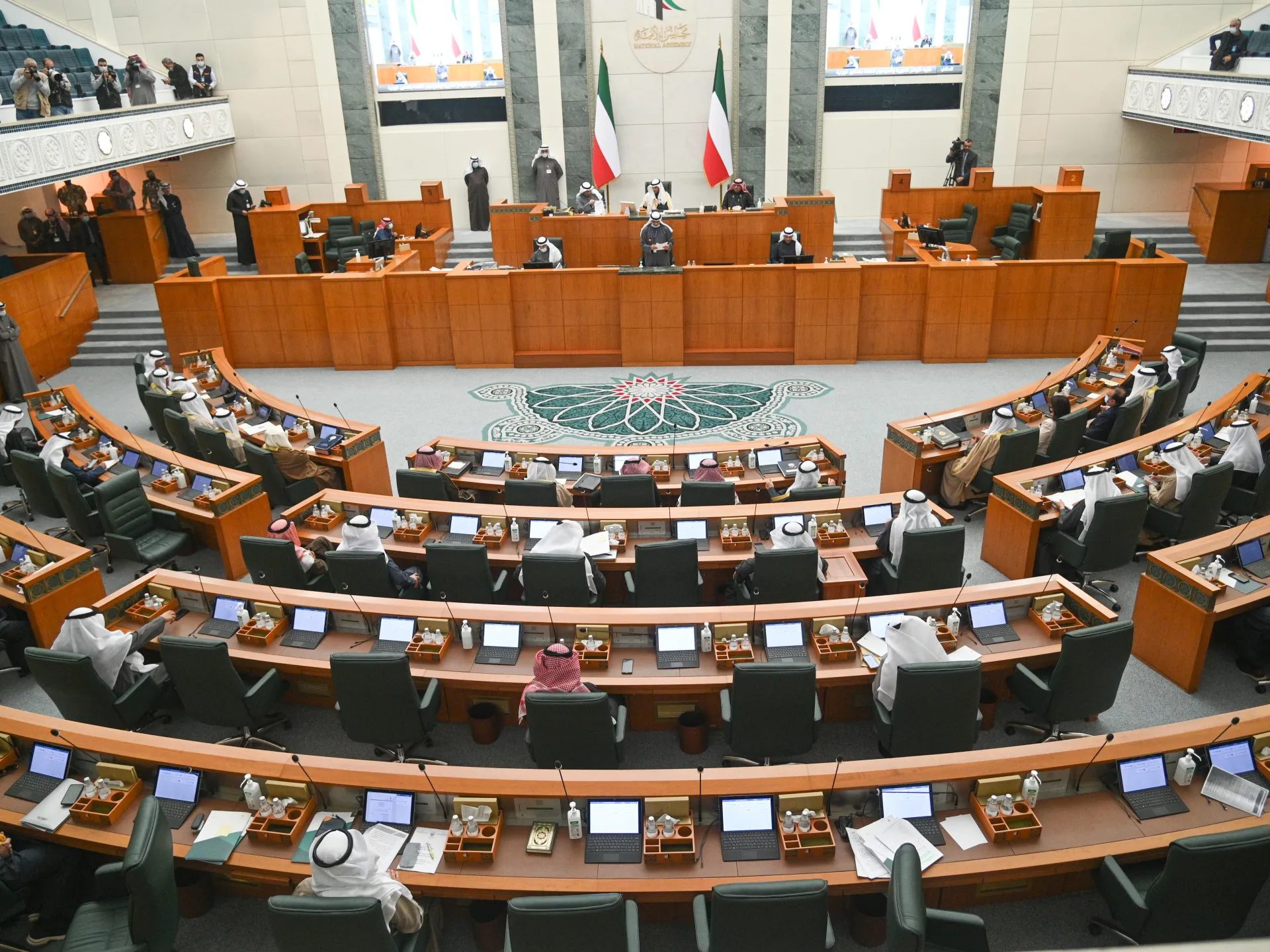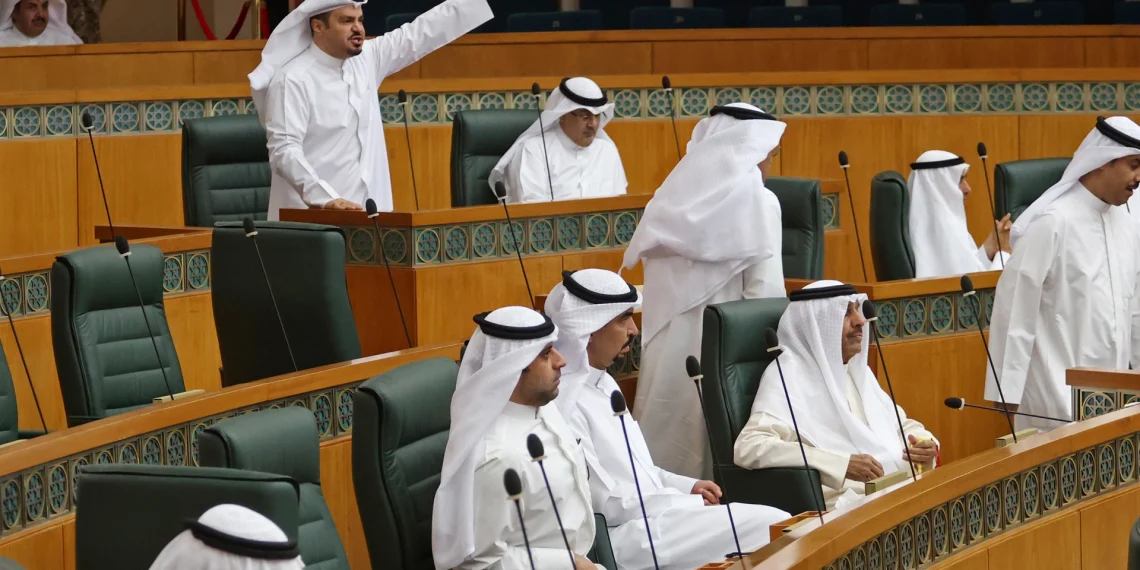In Kuwait’s first election since Sheikh Meshal al-Ahmad al-Sabah ascended to power, the nation moved on a transformative journey toward economic reform. The new Emir, determined to break the deadlock between appointed governments and elected parliaments, aims to propel Kuwait’s economy beyond oil dependency.
Criticism of the National Assembly and government in his inaugural parliamentary address signaled Sheikh Meshal’s commitment to change. His reform agenda prioritizes economic diversification, echoing aspirations seen in neighboring Gulf states.

Historical feuds between governments and parliament have obstructed vital fiscal reforms, hindering Kuwait’s ability to tap international markets and reduce reliance on oil revenues.
The Emir’s dissolution of parliament in February underscored his resolve to address constitutional violations and propel reforms forward.
Kuwait’s unique political state, marked by the absence of political parties, fosters a dynamic election environment where candidates run as independents. With the polls open until midnight local time, the nation anticipates a pivotal electoral outcome.
Sheikh Meshal’s leadership shift emphasizes pragmatism over political bickering. Abdulaziz al-Anjeri, founder of Reconnaissance Research, highlights the focus on progress over stalemate, signaling a departure from traditional negotiation-based approaches.

Moreover, Sheikh Meshal’s administration adopts a zero-tolerance policy towards corruption and governmental mismanagement. The Emir’s decisive actions reflect Kuwait’s determination to navigate economic challenges effectively.
Kuwait’s election, with the lowest candidate count in over five decades, symbolizes a turning point. As the nation grapples with economic restructuring, Sheikh Meshal’s leadership underscores a commitment to stability and progress.





